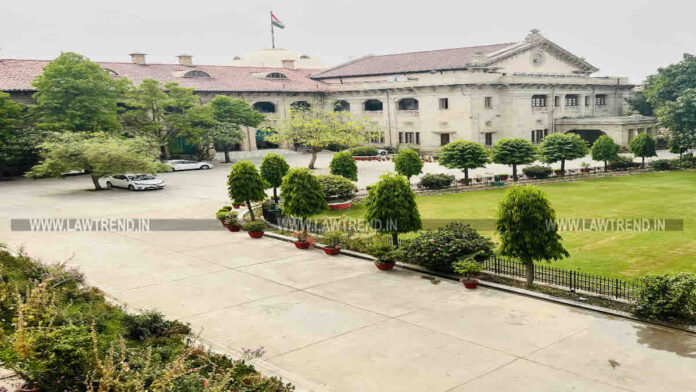The Allahabad High Court, in a recent judgment, has ruled that a first appeal under Section 96 of the Code of Civil Procedure (CPC), 1908, is not legally maintainable against an order passed in an execution proceeding arising from a suit decided by a Court of Small Causes. The court held that the appropriate remedy
To Read More Please Subscribe to VIP Membership for Unlimited Access to All the Articles, Download Available Copies of Judgments/Order, Acess to Central/State Bare Acts, Advertisement Free Content, Access to More than 4000 Legal Drafts( Readymade Editable Formats of Suits, Petitions, Writs, Legal Notices, Divorce Petitions, 138 Notices, Bail Applications etc.) in Hindi and English.




